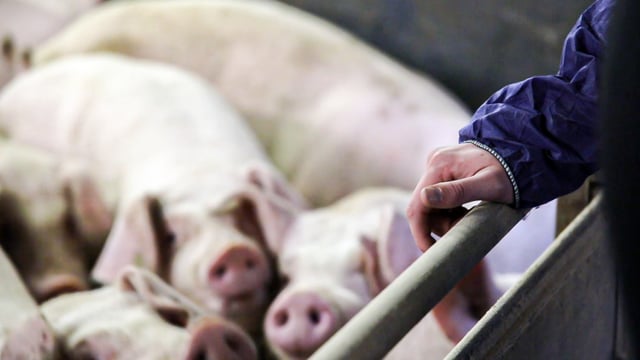DAFM: Penalties not mentioned in calf slaughter letter to farmers
The Department of Agriculture, Food and the Marine (DAFM) has said that it has not referenced penalties in a letter to farmers this week which urged them to move away from the slaughter of young male calves.
This letter was sent in conjunction with the Calf Stakeholder Forum, whose membership includes farm organisations, dairy industry groups, research and advisory bodies, other relevant stakeholders and the DAFM.
Farmers have been asked to find new markets for these calves and stop the practice of sending calves for slaughter.
In a statement to Agriland, a spokesperson for the DAFM said that the Calf Stakeholder Forum "has been discussing the issue of a very small minority of dairy farmers routinely sending young male calves for slaughter".
The letter was only sent to farmers who had calves sent to slaughter before six-months-of-age.
"Forum members and organisations expressed the view that the routine processing of young calves poses a serious reputational risk to the entire Irish dairy industry," the DAFM statement explained.
"These letters, sent on behalf of and with the support of the forum, urge those farmers to find alternative management practices for raising and managing non-replacement dairy calves."
The department confirmed that the letters do not contain any reference to penalties and there is no inference that penalties will be applied.
The Calf Stakeholder Forum aims is to develop a strategic vision for socially sustainable national dairy industry.
The statement from the DAFM added:
"Examples include the dairy-beef research in Teagasc and the increasing use of sexed semen."
Between January and the end of May this year, 29,802 calves under the age of six months were slaughtered in Ireland.
In the letter sent to farmers, they were advised to stop the practice of sending young male calves for processing and were urged to find other outlets for these calves.
The letter contained information such as the number of calves that were sent for slaughter from these herds.
The letter stated: "This is not normal farming practice in Ireland. Only a very small number of herds, including yours, send calves to slaughter.
"Initiatives promoted by the Calf Stakeholder Forum include the increased use of sexed semen, refocusing of breeding programmes to optimise the use of high dairy/beef index sires, retention of calves on farms for some extra period before sale, and partnering with calf rearers / beef finishers.
"It is through your acknowledgment of and compliance with the above recommendation that we can work together on strengthening the level of welfare protection afforded to young calves in Ireland, and to sustaining and developing new markets for Irish dairy products in the competitive global marketplace," the letter concluded.
The letter is ultimately a shot across the bow for farms that engage in this practice and once again reminds dairy farmers that their milk has to be 'socially sustainable'.
The roll-out of sexed semen should lead to a greatly reduced number of male dairy calves, but it is then important that farmers use the beef breeding tools available to them.
With tools such as the dairy beef index (DBI), bulls that have a genetic merit for breeding on dairy cows can produce a viable calf for beef production.





